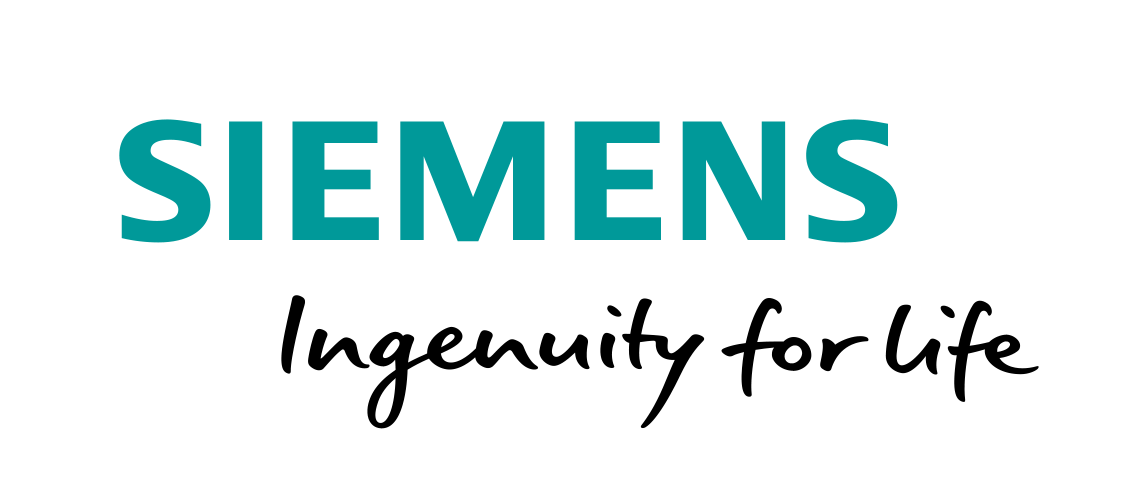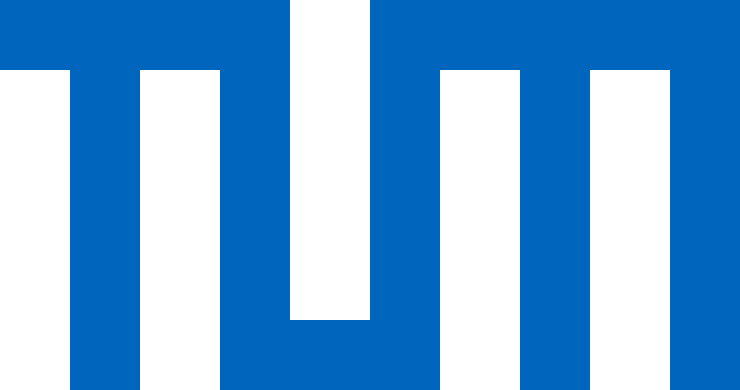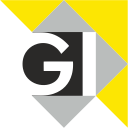AIComNets2019
Call for Paper: Advanced Communication Networks for Industrial Applications
Industrial networks face new unique challenges with the advent of smart factories. These include supporting low latency applications and services, secure remote access to machine parameters and monitoring, the convergence of industrial wired and wireless networking technology, network slicing and performance isolation, e.g., for massive machine-type communication and the Industrial Internet of Things (IIoT), and low latency applications such as networked Augmented Reality (AR).
Accordingly, related building blocks, such as wireless connectivity, edge computing or network slicing will have a disruptive impact, finding their way into future smart factories and pave the way for numerous new use cases and applications in many different vertical domains, including the automotive, healthcare, agriculture, energy, and manufacturing sectors. However, most of today’s building blocks rely on “Best Effort” internetworking technology and several novel approaches do not suit the environment of future smart factories. Specifically, industrial networks come with a wide range of different technology options and deployments. Seamless interworking between the different deployments is paramount. Accordingly, today’s technology, concepts, and approaches such as network slicing and SDN need to be adapted to support advanced communication networks for industrial applications. This includes novel network programming models for industrial applications, service assurance for micro services and validation of service function chains, measurement techniques for ultra-low latency and jitter networks, and placement of functions for low latency and time-critical applications and services for future smart factories.
The Workshop will be a full day event with two main sessions: (1) a scientific track which will address recent progress in industrial communication networks and (2) an experience track which will address applications in industry and use cases, which are enabled by new technologies. In addition, in-depth presentations of exhibits during the conference might be given in the experience track in order to bring together participants from the industry and academia. The main goal is bringing together interested researchers from academia and industry to create an inspiring community to identify new research problems and to bring up relevant discussions.
Topics of Interest to the workshop include but are not limited to the following:
- In-network processing,
- Edge and Fog computing,
- Next-generation wireless communications,
- Advanced network protocols,
- Orchestration of industrial networks and services,
- High-Precision networking,
- Machine learning / big data analytics in future communication systems,
- Artificial Intelligence for advanced industrial communication networks,
- SDN approaches for high-performance and -precision industrial networking,
- Novel network programming models with applications in advanced industrial networking,
- Service assurance for micro services, for service function chains,
- Service function chaining and function placement,
- Virtualization of industrial applications and services,
- Network slicing and performance isolation concepts,
- In-network service level tuning and optimization,
- Proof and validation of service level guarantees,
- Measurement techniques for ultra-low latency and jitter networks,
- Industrial applications for In-band-Network-Telemetry (INT) and iOAM
- Time-Sensitive Networking (TSN) deployment approaches and IP/TSN network convergence
- Experiences with deployment and operation of Industrial Internet, Tactile Internet, and networked VR/AR
Important Dates:
- Submission: extended to November 30, 2018 (previously: November 15, 2018)
- Notification: December 20, 2018
- Camera-ready: January 15, 2019
- Workshop: March 18, 2019
Submission Guidelines:
All submissions must be original, unpublished, and not considered elsewhere for publication. We invite research paper submissions up to 6 pages long or demo papers up to 4 pages long, including references, figures, and tables (at least 10pt font, 2-column format). Manuscripts will undergo a thorough process of peer reviews by at least three members of the technical program committee. Accepted and presented papers will be published in the conference proceedings and will be submitted for inclusion to IEEE Xplore. Submission implies that at least one author will register and attend the conference to present the publication if the paper is accepted. IEEE LaTeX and Microsoft Word templates, as well as formatting instructions, are available online on this website. Contributions should be submitted electronically as PDF, using the IEEE conference publishing template, via the conference submission website: https://hotcrp.hhi.fraunhofer.de/aicomnets2019/
Organizers:
- Julius Schulz-Zander (Fraunhofer Heinrich Hertz Institute HHI)
- Erich Zielinski (Fraunhofer Heinrich Hertz Institute HHI)
- Hans D. Schotten (DFKI GmbH)
- Peter Rost (NOKIA Bell Labs)
Schedule:
-
Monday, Mar 18, 2019
10:45 - Welcome / Introduction
10:55 - Keynote - 5G network slicing for industrial applications: the next steps towards management automation and optimization
Lars Christoph Schmelz, Senior Research Project Manager, Nokia Bell Labs Research, Munich-
11:40 - Session 1 - Industrial virtualized Networks
Enabling Multi-Tenant Networks for the Automation Industry
Reinhard Frank (Siemens AG); Matthias Scheffel (Siemens AG); Florian Zeiger (Siemens AG); Hans-Peter Huth (Siemens AG)Toward scalable and virtualized massive wireless sensor networks
Patrick Engelhard (Fraunhofer Heinrich Hertz Institute); Arne Zachlod (Fraunhofer Heinrich Hertz Institute); Julius Schulz-Zander (Fraunhofer Heinrich Hertz Institute); Song Du (TU Berlin)
12:30 - Lunch Break
-
13:30 - Session 2 - Management and Orchestration
Automated Processing of Security Requirements and Controls for a common Industry 4.0 Use Case
Marco Ehrlich (Institute Industrial IT (inIT)); Martin Gergeleit (Hochschule RheinMain); Kostyantyn Simkin (Hochschule RheinMain); Henning Trsek (rt-solutions.de GmbH)Application Threat Modeling and Automated VNF Selection for Mitigation using TOSCA
Karoline Saatkamp (Institute of Architecture of Application Systems, University of Stuttgart); Christoph Krieger (Institute of Architecture of Application Systems, University of Stuttgart); Frank Leymann (Institute of Architecture of Application Systems, University of Stuttgart); Julian Sudendorf (Institute of Architecture of Application Systems, University of Stuttgart); Michael Wurster (Institute of Architecture of Application Systems, University of Stuttgart)Challenges and Solutions for Industry-Grade Secure Connectivity
Harald Klaus (Deutsche Telekom AG); Felicitas Hetzelt (Technische Universität Berlin); Peter Hofmann (T-Systems International GmbH); Andreas Blecker (T-Systems International GmbH); Daniela Schwaiger (Deutsche Telekom AG)
15:15 - Coffee Break
-
15:45 - Session 3 - Real-time and Availability
A Simulation of Asynchronous Traffic Shapers in Switched Ethernet Networks
Alexej Grigorjew (University of Würzburg); Florian Metzger (University of Würzburg); Tobias Hoßfeld (University of Würzburg); Johannes Specht (University of Duisburg-Essen)Investigation of Uninterrupted Service Live Migration Using Software-Defined Networking
Keerthana Govindaraj (Robert Bosch GmbH); Mamia Saha (Robert Bosch GmbH / Universtiy of Stuttgart); Alexander Artemenko (Robert Bosch GmbH); Andreas Kirstaedter (Universtiy of Stuttgart)Secure Real-time Communication and Computing Infrastructure for Industry 4.0 – Challenges and Opportunities
Erich Zielinski (Fraunhofer Heinrich Hertz Institute, Berlin, Germany); Julius Schulz-Zander (Fraunhofer Heinrich Hertz Institute, Berlin, Germany); Hanspeter Ruckstuhl (Nokia, Munich, Germany); Alexander Artemenko (Robert Bosch GmbH, Renningen, Germany); Alejandro Ramirez (Siemens AG, Munich, Germany); Florian Zeiger (Siemens AG, Munich, Germany); Mathias Mormul (Universität Stuttgart, Germany); Felicitas Hetzelt (Technische Universität Berlin, Germany); Felix Beierle (Technische Universität Berlin, Germany); Harald Klaus (Deutsche Telekom AG, Germany); Marc Zimmermann (Technische Universität Kaiserslautern, Germany); Christian Schellenberger (Technische Universität Kaiserslautern, Germany)
17:00 - Closing Remarks
17:15 - Break
18.30 - City Tour
20:00 - Reception
-
News
Videos
Video recordings of all four days are online now.
Best Paper Award NetSys 2019
The Best Paper Award of NetSys 2019 has been awarded for the Paper KOMon - Kernel-based Online Monitoring of VNF Packet Processing Times
Best Demo Award NetSys 2019
The Best Demo/Poster Award of NetSys 2019 has been awarded for the Demo GPU Accelerated Planning and Placement of Edge Clouds









